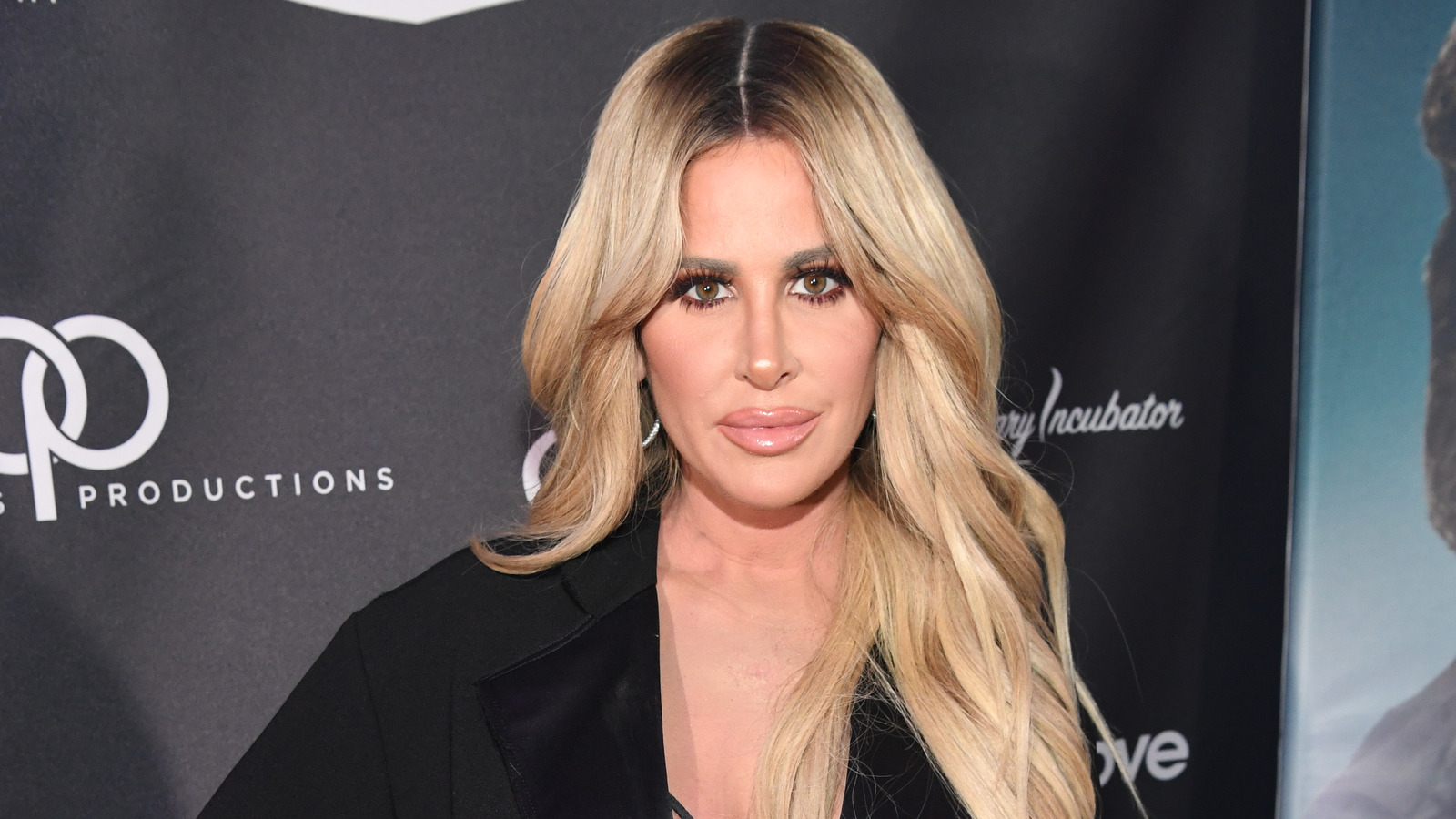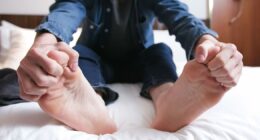Over a lifetime, you find yourself doing many different things at 9pm: watching TV; reading a book; sitting in a pub; leaving a restaurant to go to a cinema, or the other way round. When you have young children, nine o’clock generally marks the start of the precious time you call your own – a tiny window into which you must cram all your fun. As I’ve aged, I’ve come to associate the 21st hour of the day with coming home rather than going out. But there is one thing I’ve never contemplated doing at 9pm: going to bed.
And yet, according to the Wall Street Journal, 9pm is the hot new bedtime – not for middle-aged tired people, but for twentysomethings. The young people of today, it seems, are taking control over their sleep routines and prioritising shuteye over fun. A 2022 analysis found that Americans in their 20s were getting, on average, nine hours and 28 minutes of sleep a night, up from eight hours and 47 minutes in 2010. The WSJ quoted one 19-year old as saying: “For me, nothing good happens after 9pm.”
What is the world coming to when teenagers believe that? Why would anyone – young or old – want to go bed at nine? And what would happen if I tried it, just for a week?
Monday
The first emotion I associate with my new bedtime is mild panic: 9pm comes at you fast. This cutoff barely gives me time to cook and eat dinner. At 10 minutes to nine, I find myself rushing around the house to turn things off.
The second – and overriding – emotion is resentment. After I’ve brushed my teeth, I go downstairs one last time to find my wife just starting a TV programme.
“An ITV documentary about Boris Becker?” I shout. “I love ITV documentaries about Boris Becker!”
“I’m sorry,” my wife says. “Maybe you can watch it tomorrow, in the day.”
“This is so stupid,” I say. “I’m not even tired!” I certainly don’t feel like a twentysomething taking charge of my sleep routine. I feel like a toddler.
Normally, I would go to bed at about 11pm on a weeknight – maybe 11:30 – but I would then fall asleep after reading for just a few minutes. Now, sitting bolt upright in bed at 9:10pm, I feel like someone under quarantine – trapped, bored, anxious. I can hear the television downstairs – Becker is clearly having the time of his life. Eventually, I settle down with my book. Ninety minutes and 75 pages later, I am unconscious. I do not see the attraction.
For the few British twentysomethings I could find who would admit to an early bedtime, it seems to be a personal choice rather than an adaptation to a growing trend. If anything, they see themselves as contented outliers.
Kirsten, 25, generally gets up at 6am after going to sleep at 9pm, “but I’m chuffed if I can get to bed earlier”. Her work as a comedy promoter in London requires late nights a few times a month. “In that sense, I’m not religious about going to bed by nine,” she says. “I still socialise and enjoy a night out, but if I haven’t got any plans I’ll be in bed early.” She doesn’t know anyone else her age with a similar sleep schedule.
Anna Harris, also 25, first adopted her routine after feeling “knackered” while doing her A-levels. “I started turning in at 8.30pm for some peace and quiet and the habit stuck,” she says. “I’ve always had very bad insomnia and so I wasn’t necessarily sleeping immediately, or staying asleep throughout the night, but it made me realise that I benefited just from being in bed in the dark, resting.” She kept more traditional student hours at university, but since finding a job that starts at 7:30am she has returned to her old ways: “I’ve settled on 9.30 as quite a happy medium.”
To a large degree, the amount of sleep one needs – and gets – is governed by genetics. You can’t help it. The times you go to bed and rise in the morning are also, to some extent, predetermined: people naturally fall into different “chronotypes” – larks or owls, according to what time of day most people are productive – but these patterns shift as we get older.
Generally, from about the age of 10, we want to go to bed progressively later, until we reach our early 20s. “From then, our chronotype becomes more lark-like as we age,” says Dr Russell Foster, a professor of circadian neuroscience and the author of Life Time: The New Science of the Body Clock and How It Can Revolutionise Your Sleep and Health. “The bottom line is, by the time we’re in our late 50s, early 60s, we’re wanting to go to bed about two hours earlier than we did in our late teens and early 20s.”
But if you are 25 and already going to bed at 9pm, how much room are you leaving yourself for future adjustment? Can a ridiculously early bedtime really do you any good at that age? “It’s all about getting the sleep that you need within the constraints of one’s social and work life,” says Foster. “Staying up late on a Friday to go out with your mates is not a problem. Sleep is a dynamic thing. And I think we’re becoming obsessive about it, which distresses me.”
Tuesday
Out of a sense of feeling robbed of my evening, I take my phone, laptop and headphones to bed with me. I worry, of course, that these distractions will contribute to poor sleep hygiene, but I’m more worried about not having anything to do.
I can’t pinpoint the moment I actually fall asleep – all I remember is waking at 1am with my phone still in my hand, and again at 3am with my headphones still on. After that, I don’t wake again until 8am. I have been in bed for 11 hours.
According to the certified sleep coach Camilla Stoddart, the threat to good sleep posed by technology is greatly exaggerated. “If you’re a 40-something with insomnia and you’re really struggling to sleep, I think listening to a podcast or watching YouTube videos is really helpful,” she says. “I’m not saying: phones are good, just use them. I’m saying: be relaxed about your sleep and sleep will follow.”
But prioritising sleep and being relaxed about sleep are often mutually exclusive. In 2017, the scientist Matthew Walker published a book called Why We Sleep, an international bestseller that – in the minds of many readers – linked inadequate sleep with a range of bad outcomes, including cancer, Alzheimer’s disease, obesity and a shortened life span. Inadequate sleep, Walker maintained, was anything under eight hours. The book spoke of a “silent sleep loss epidemic” and basically convinced a lot of people that their insomnia was life-threatening.
Other studies have found that an adequate amount of sleep varies widely from person to person, from as little as six hours a night to as much as 10 or 11, although most of us still fall into the range of seven to eight hours. While a chronic lack of sleep leads inexorably to irritability, impulsivity and problems with connecting socially, the array of dire consequences suggested by Walker was, some say, greatly exaggerated.
“One of the things he really didn’t make clear was that he was talking about sleep deprivation, which is different from insomnia,” says Stoddart. “Sleep deprivation is when you work on an oil rig and you stay up all night and put your body through the really difficult thing of not sleeping when it wants to. Insomnia is lying in bed not being able to sleep, even though you’re trying. You actually get more sleep as an insomniac, and you get more deep sleep; it’s just not as bad for you. There’s no link between insomnia and early death.”
Ironically, according to Foster and Stoddart, the anxiety generated by books such as Why We Sleep keeps a lot of people awake at night. “In my pre-session questionnaire, we used to ask: ‘Which books have you read about sleep?’” says Stoddart. “Because so many people had read it and said they then started worrying about it. It definitely caused a lot of problems.”
Wednesday
This is the only day of the week when events prevent me from getting to bed at 9pm. My band has a standing rehearsal scheduled; even though it’s at my house, I can’t get everyone out the door before 10pm.
Once I’ve missed my deadline, I decide to make a night of it. I eat dinner at 10.30 and watch telly until midnight. Again, I drag all my screens to bed with me, but they prove unnecessary – I fall asleep as soon as my head hits the pillow – and wake promptly at 4am. And 5am. And 6am.
Feeling groggy the next day, I’m reminded that it would be impossible to keep to a nine o’clock bedtime and still maintain any semblance of my present life. What about going out? What about the 20 to 30 times a year I find myself driving down a motorway after midnight? How would I cope with that once I got accustomed to the sleep habits of the average 10-year-old?
Going to bed at roughly the same time every night is, generally speaking, a good habit. But going to bed early is not particularly helpful – especially if you are not tired – and it can be counterproductive. This may seem obvious, but in order to sleep well, you need to spend a certain amount of time awake.
“Sleep drive is like sleep hunger,” says Stoddart. “So, in the morning, you’re not very ‘hungry’, because you just had a nice night’s sleep. By the end of the evening, you are ‘hungry’, ready for sleep. But adults need about 16 to 17 hours’ worth of being awake to generate enough sleep drive to sleep for seven to eight hours.” If you are sleeping for nine and half hours every night, there simply aren’t enough hours in the day.
Friday
Resentment has been replaced by resignation: bed at nine, asleep at 10, up at 7. According to the rules of circadian rhythm, my rising should be creeping earlier in step with my new bedtime, but this is not my experience: it has shifted only a little, and very slowly. In the meantime, I’m getting nine hours of sleep, sometimes more, and feeling no better for it.
In addition to your genetic predisposition and your age, a third factor significantly affects your sleep. “Light is really important for setting the body clock, but light at different times does different things,” says Foster. “Morning light will advance the clock, making you get up earlier. Evening light will delay the clock, making you get up later.”
Of course, there isn’t a lot of morning light to be had at this time of year. The sun hasn’t risen at 7am and even when it does rise it’s barely discernible. Maybe February is a bad month for a reset.
Sunday
I fall asleep not long past 9pm, but thereafter I sleep fitfully and, after a certain point, not at all. My biological clock has blown its mainspring. In the morning, I have a strong sense of having been up all night, even though when I woke at 7am it was pretty clear I had been asleep, at least for a time.
“We are bad at reporting sleep,” says Stoddart. “In my world, people underestimate how much they’ve slept, because insomniacs absolutely overreport wakefulness. A lot of people think they sleep more than they do, because they’re in bed for that amount of time. But actually, they’re not asleep for all of that time.”
There are all kinds of sleep apps to help you measure the quantity and quality of your sleep, but Stoddart says they do more harm than good, because they are inaccurate and promote sleep anxiety. “I have clients who monitor every part of themselves,” she says. “They have these [smart] mattresses and they look at the data from the mattress to find out how they slept … They’ve lost touch with how they feel; they need to look at data to see how they’ve performed.”
The truth is that some people – young and old – will naturally want to go bed early, while some will naturally sleep for more than nine hours. But even if you want to emulate them, there probably isn’t much you can do about it.
“Sleep is a passive process, like breathing, digesting, growing a beard or being pregnant,” says Stoddart. “You have as much control over your sleep as you do over growing a beard.”
The difference is that you can’t halt beard growth by thinking about it too much. At the end of the week, I am still debating whether I should go to bed at 9pm one more time, to make up for breaking curfew on night three. I mention this in passing to Stoddart.
“What I really urge you to do is go back to normal,” she says. “Abandon tonight and just don’t worry about it. Go back to not thinking about it.”
This is all the permission I need. At different periods in my life, I have slept badly and I have slept well, but I have never really worried about it. Until this week. So, I sail right past 9pm, yawning all through Newsnight before going to bed and lying awake in the dark, thinking about my growing beard.





